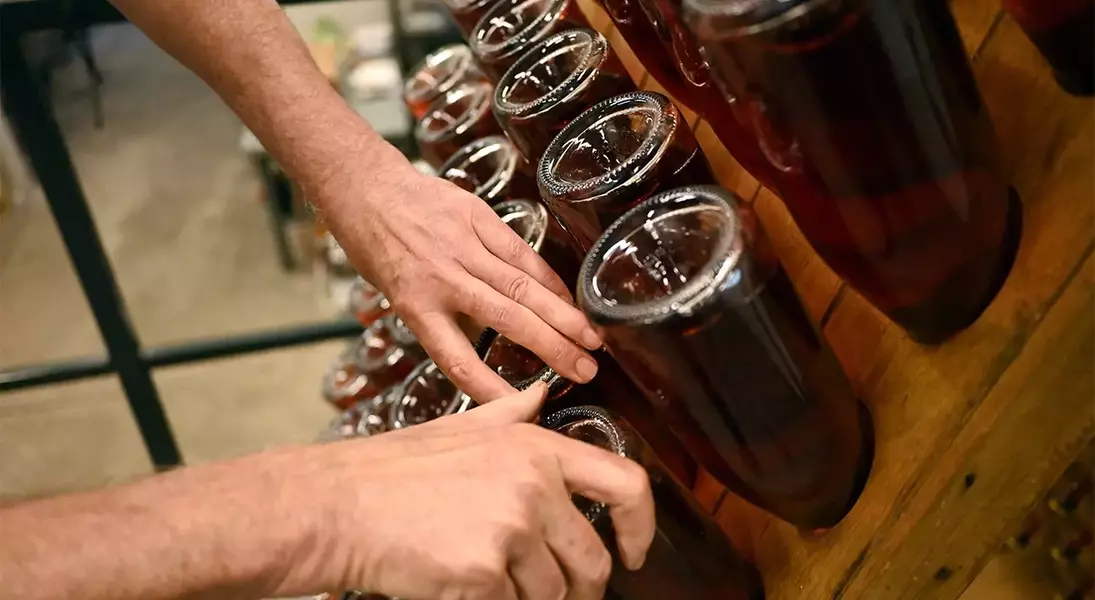
Recent discoveries have raised concerns about chemical traces in popular beverages. Scientists have identified residues of a persistent compound, known as TFA, within European wines, sparking discussions about contamination sources and potential health implications. This revelation has prompted calls for stricter regulations and further investigation into vineyard practices and environmental factors that might contribute to such findings.
Innovative approaches are also reshaping the wine sector, particularly in adapting to global challenges. Artificial intelligence is emerging as a crucial tool for wineries in regions like Napa Valley, assisting them in navigating the complexities of climate change. By leveraging advanced data analytics, these establishments aim to optimize grape cultivation and maintain the quality of their products amidst unpredictable weather patterns. Meanwhile, prestigious events such as DFWE New York continue to celebrate the finest sparkling wines from around the globe, highlighting excellence and craftsmanship.
The wine community remains focused on progress and sustainability. As new technologies provide solutions to pressing issues, international guides like Michelin honor outstanding contributions in diverse locations, including Buenos Aires and Mendoza. These recognitions not only applaud current achievements but also inspire future generations to pursue excellence while embracing ethical practices and innovative techniques. Such developments ensure the wine industry continues to thrive responsibly and creatively.
